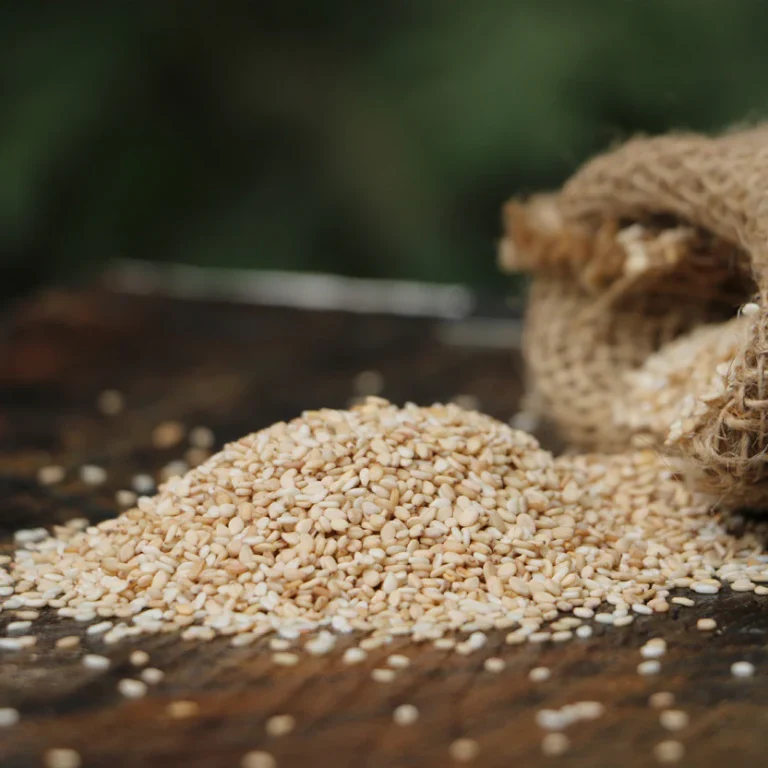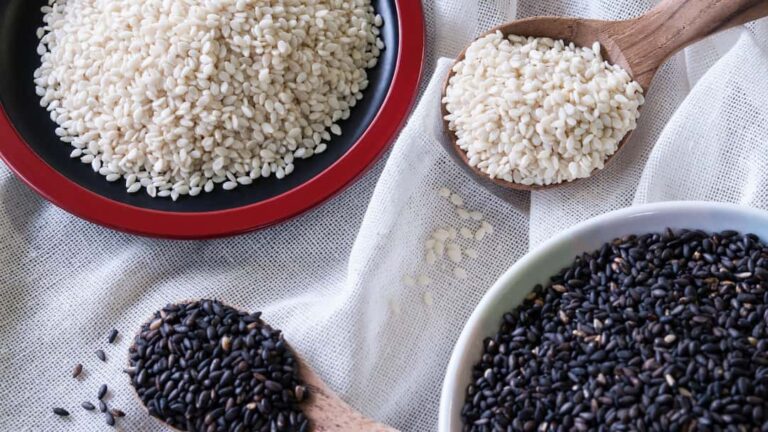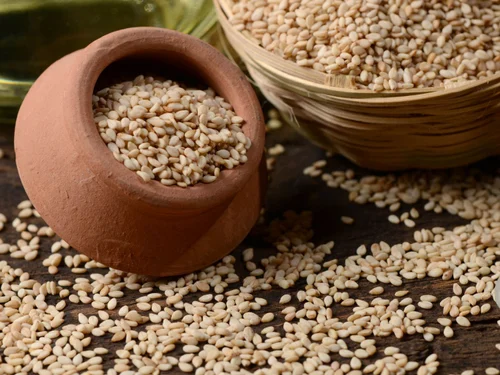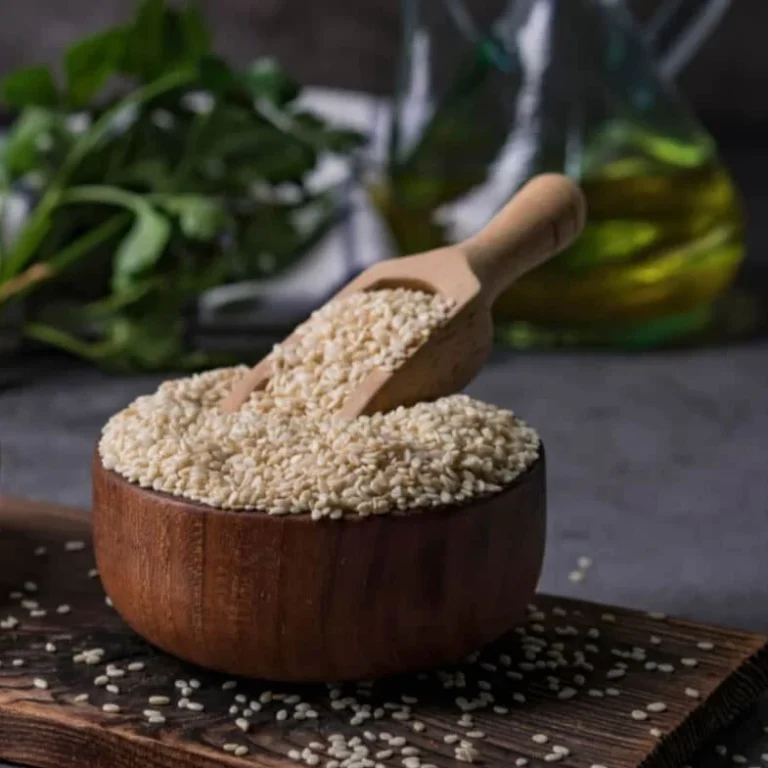
Chronic joint pain due to arthritis can be debilitating, making daily activities a challenge. While medications are often necessary to control pain and inflammation, many people with arthritis are seeking natural ways to manage their symptoms and improve their quality of life. This article explores how arthritis affects different joints, the role of natural remedies, diet, exercise, and lifestyle changes in managing joint pain.
How Arthritis Affects Different Joints (Knee, Hip, Hand, Spine)
Arthritis can affect any joint in the body, but it most commonly targets weight-bearing joints, such as the knees, hips, and spine, as well as the hands. Here’s how arthritis impacts these joints:
- Knee: Osteoarthritis (OA) of the knee can lead to cartilage loss, causing pain, swelling, and stiffness. It is common in older adults and those with a history of knee injury.
- Hip: Hip arthritis causes pain in the groin, thigh, or buttocks and can limit movement, making activities like walking or climbing stairs difficult.
- Hand: Arthritis in the hands can cause swelling, stiffness, and deformities in the fingers, making it challenging to perform tasks like gripping or writing.
- Spine: Arthritis in the spine, often referred to as spondylosis, causes neck or lower back pain, which may radiate to the arms or legs.
Natural Remedies for Joint Pain Relief
Managing arthritis pain naturally involves a combination of lifestyle changes and home remedies. Some natural remedies include:
- Turmeric: The active compound curcumin in turmeric has anti-inflammatory properties that can help reduce pain and swelling in arthritis.
- Ginger: Ginger is another natural anti-inflammatory that can alleviate joint pain.
- Epsom Salt Soaks: Magnesium in Epsom salts can help relax muscles and reduce swelling when added to warm bathwater.
- Essential Oils: Essential oils like lavender, eucalyptus, and peppermint can be massaged into the skin to provide temporary relief from pain and stiffness.
Role of Diet, Exercise, and Supplements in Reducing Arthritis Symptoms
Diet and exercise play key roles in managing arthritis symptoms naturally:
- Diet: An anti-inflammatory diet rich in fruits, vegetables, whole grains, and healthy fats can reduce joint inflammation. Omega-3 fatty acids, found in fish like salmon, and antioxidants, found in berries and leafy greens, are particularly beneficial.
- Exercise: Low-impact exercises like swimming, walking, and yoga help strengthen muscles, improve joint flexibility, and reduce stiffness.
- Supplements: Supplements like glucosamine and chondroitin are commonly used to support joint health. Omega-3 supplements can also help reduce inflammation.
Best Foods to Eat and Avoid for Arthritis Patients
For arthritis patients, diet is crucial in managing symptoms:
- Foods to Eat:
- Fatty fish (salmon, mackerel)
- Leafy greens (spinach, kale)
- Nuts and seeds
- Berries, cherries, and citrus fruits
- Olive oil and turmeric
- Foods to Avoid:
- Processed foods and refined sugars
- Fried foods
- Dairy (for those who are sensitive)
- Red meat
How to Prevent Joint Deterioration Over Time
While arthritis cannot be cured, steps can be taken to slow joint deterioration:
- Maintain a Healthy Weight: Reducing excess weight decreases the stress on the joints, particularly the knees and hips.
- Regular Exercise: Strengthening the muscles around the joints helps stabilize them and reduces wear and tear.
- Protect Joints: Avoid high-impact activities that could cause further joint damage, and use assistive devices when necessary to protect the joints.




